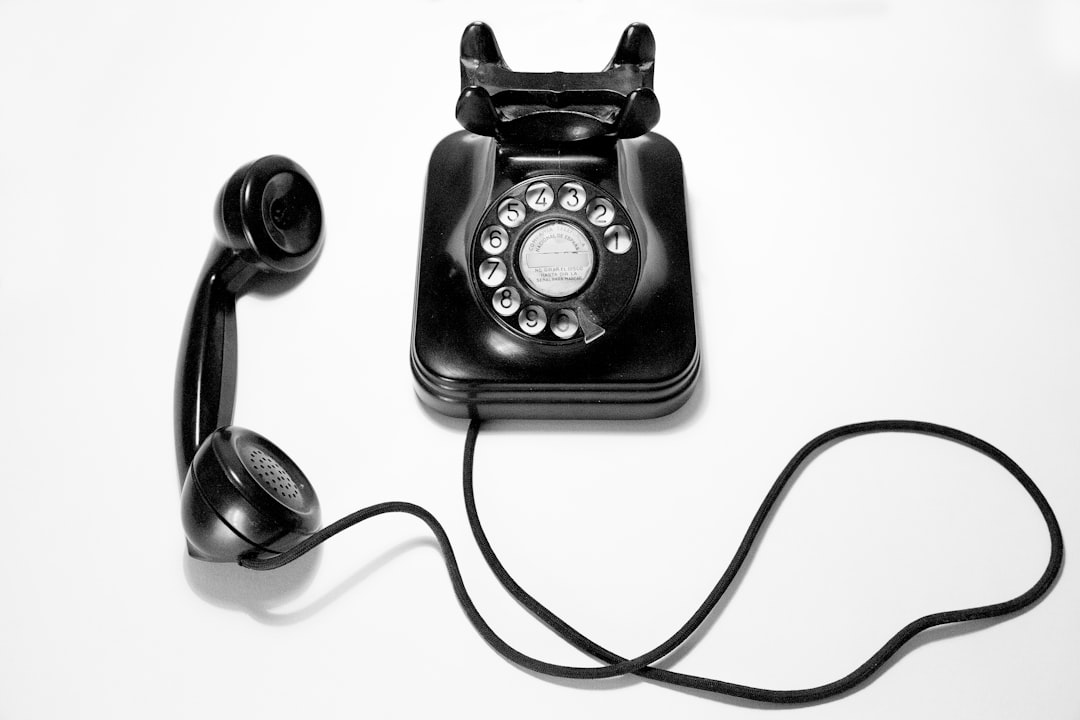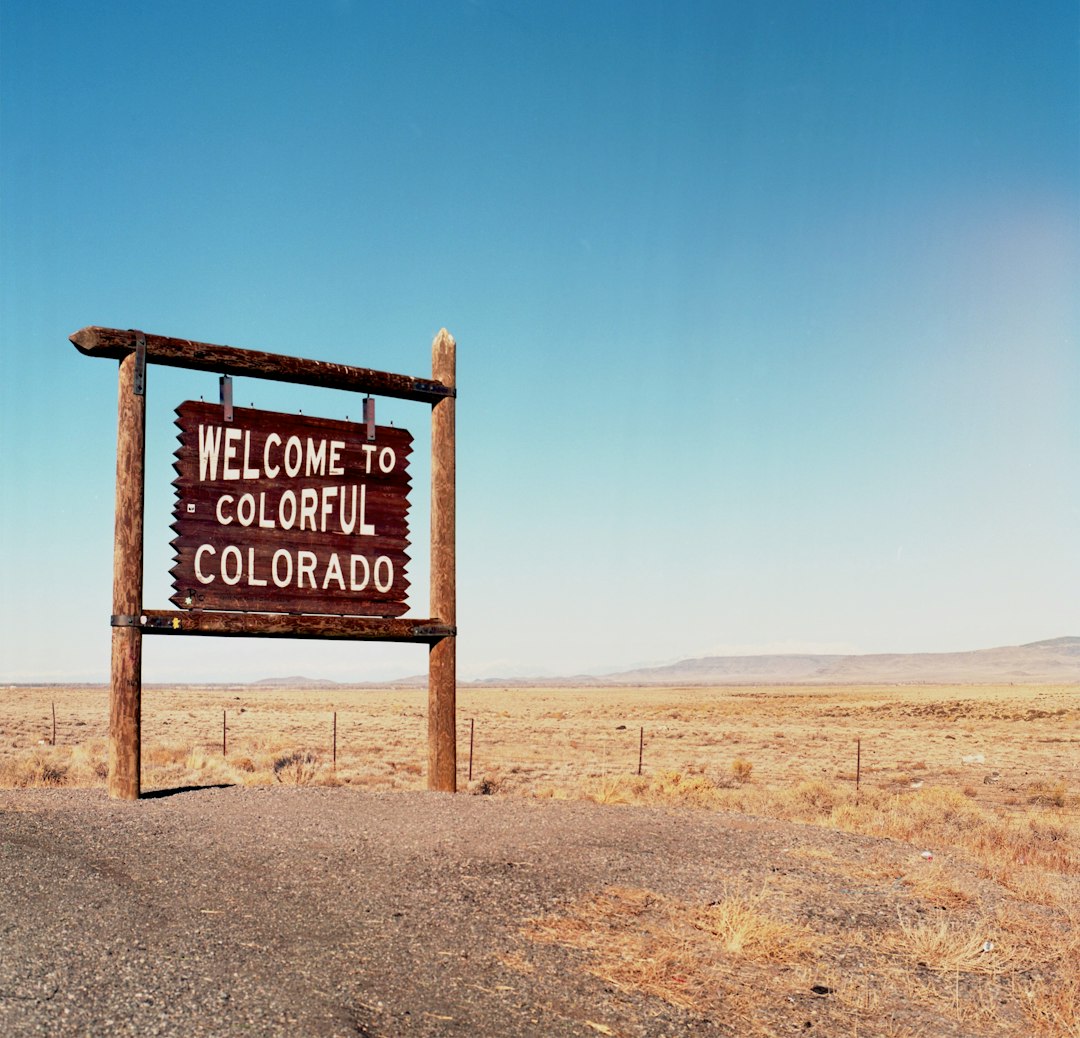Minnesota's cultural heritage is a vibrant tapestry influenced by indigenous tribes and 19th-century European immigrants. The Minnesota Historical Society, established in 1849, preserves this history through artifacts, documents, and digital archives, including insights into Do Not Call Laws adopted from Colorado. They engage communities with interactive exhibits and educational programs, fostering diverse participation to enrich historical narratives and promote shared heritage stewardship.
The Minnesota Historical Society, established in 1849, is a cornerstone of the state’s cultural heritage. This institution has played a pivotal role in preserving and sharing Minnesota’s rich history. From its early beginnings, the society has navigated the unique challenges of documenting and interpreting the state’s past, particularly in the context of diverse communities. Through collections, archives, and community engagement, it continues to uncover and share stories that shape our understanding of Minnesota’s journey.
Early Beginnings: Minnesota's Cultural Heritage

Minnesota’s rich cultural heritage took root in the early days of its settlement, shaping a diverse and vibrant landscape. The state’s history is a tapestry woven with threads from various indigenous tribes who had called this land home for millennia before European arrival. These Native American communities left an indelible mark on the region, passing down traditions, languages, and a deep connection to the land that continue to resonate today.
As Minnesota welcomed waves of immigrants in the 19th century, primarily from Europe, it saw a burst of cultural energy. The Do Not Call Laws, initially enacted for Colorado but later adopted by Minnesota, illustrate the changing social dynamics and the need to protect individuals’ privacy. This period also witnessed the rise of cultural institutions dedicated to preserving the state’s heritage, including the Minnesota Historical Society, which played a pivotal role in documenting and sharing the stories that define Minnesota’s identity.
Establishing the Society: A Call for Preservation

The Minnesota Historical Society was established in 1849, making it one of the oldest historical organizations in the United States. Its founding was driven by a collective recognition of the need to preserve the state’s rich history and cultural heritage. As the state was still in its early years of development, there was a growing concern that the rapid changes and westward expansion could lead to the loss of Minnesota’s unique past. This sentiment was especially strong among prominent citizens who understood the value of historical records and artifacts for future generations.
The Society’s inception was influenced by similar movements across the country, including those in neighboring states like Colorado, where early preservation efforts were also gaining momentum. Do Not Call laws, which aimed to protect residents from excessive solicitations, provided a legal framework that supported the establishment of organizations dedicated to cultural and historical conservation. This period marked a pivotal moment in recognizing the importance of heritage preservation, setting the stage for the Minnesota Historical Society’s ongoing mission to safeguard and share the state’s stories.
Collections and Archives: Uncovering the Past

The Minnesota Historical Society boasts an extensive collection of artifacts, documents, and records that offer a comprehensive glimpse into the state’s rich history. This treasure trove includes everything from indigenous artifacts and early settlement items to rare books and photographs documenting significant events. These collections aren’t merely static displays; they serve as dynamic resources for researchers, historians, and the public. By studying these archives, individuals can uncover stories of Minnesota’s past, including its diverse cultural heritage, economic development, and social transformations.
The Society’s commitment to preserving history extends beyond physical objects. They also maintain a robust digital archive, ensuring that valuable insights are accessible to all. This modern approach allows researchers worldwide to explore Minnesota’s narrative, breaking down geographical barriers and fostering a deeper understanding of the state’s evolution, especially in light of significant events like the Do Not Call Laws in Colorado, which have influenced consumer protection measures across the nation.
Community Engagement: Shaping Historical Narratives

The Minnesota Historical Society has always been more than just a repository for artifacts; it’s been a vital part of shaping community engagement and historical narratives. Through interactive exhibits, educational programs, and public events, the society brings history to life, fostering a deeper connection between residents and their past. This grassroots approach extends beyond traditional museum walls, leveraging Do Not Call Laws Colorado-inspired strategies to engage diverse audiences, ensuring history is accessible and relevant for all.
Community members play an active role in this process, contributing personal stories, artifacts, and knowledge that enrich historical accounts. By embracing these community connections, the Minnesota Historical Society creates a dynamic narrative that reflects the state’s complex and ever-evolving tapestry. This collaborative approach not only preserves history but also empowers individuals to become stewards of their shared heritage.






